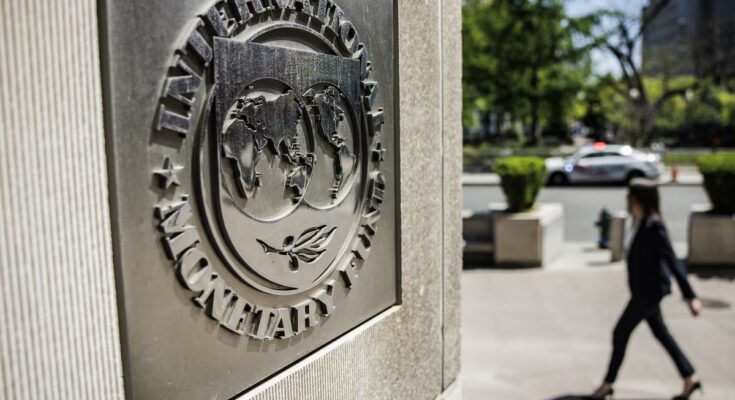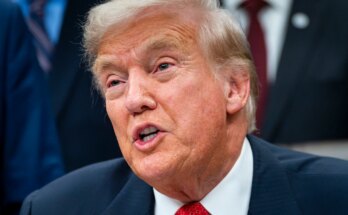The International Monetary Fund (IMF) has renewed Mexico’s flexible credit line for the next two years in the amount of $24 billion. The multilateral organization specified that it is the eleventh time that Mexico has concluded an agreement of this type since 2009 and also noted that since 2017 the Latin American country has progressively requested the reduction of this credit line. The institution recognized that Mexico meets the criteria to maintain access to this instrument which guarantees the availability of emergency resources in the country in the event of an economic crisis.
The organization has insisted for the past year that Mexico needs tax reform to prevent a possible economic shock. “Economic activity in Mexico remains weak, limited by the necessary fiscal consolidation and still restrictive monetary policy, as well as the negative effect of trade tensions. However, the economy has demonstrated resilience and stability in the face of increased external uncertainty, thanks in part to its strong macroeconomic policies and institutional frameworks,” Nigel Clark, deputy managing director of the IMF, said in a statement.
The Mexican government insisted that the strength of the Mexican economy earned it a positive rating from the international organization. “The IMF emphasized that Mexico maintains strong macroeconomic and institutional fundamentals and a consistent history of prudent economic policies, such as healthy public finances, a sustainable debt trajectory and a sound monetary and exchange rate policy framework,” the Ministry of Finance said in a statement.
The IMF story reflects that since 2018, when Andrés Manuel López Obrador became president, the Mexican government decided to reduce its credit line. Since then, the agency has reduced the amount of credit to Mexico five times, from $74 billion to $24 billion over the past six years. “Due to strong macroeconomic and financial fundamentals, as well as Mexico’s lower exposure to a reversal of capital flows due to the materialization of external risks, the Mexican authorities have decided to continue with the gradual and orderly exit strategy and reduce the level of access to the flexible credit line,” the Treasury explained of its decision to reduce the credit line.
In September, the IMF upgraded its growth forecast for Mexico in 2025 to 1%. He then warned that the revision of the free trade agreement (TMEC) and the uncertainty over the tariff policy of the United States represent a risky exposure of its economy for the Latin American country and that it must strengthen its internal situation. “To spur Mexico’s potential growth, it will be necessary to address infrastructure gaps, strengthen the rule of law and deepen integration with its global trading partners. Authorities are firmly committed to maintaining robust policies,” Clark added on Friday.



